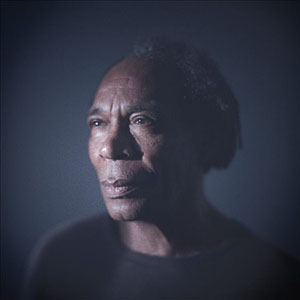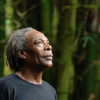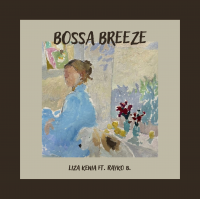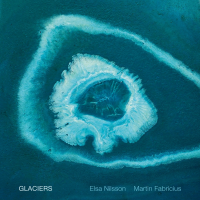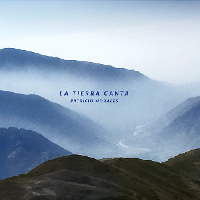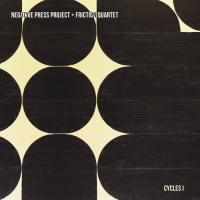Home » Jazz Articles » Album Review » Jacques Coursil: Trails of Tears
Jacques Coursil: Trails of Tears
Well, for one, this album is a moving lament, a dirge that mirrors one of the worst displacements of Native American people, hauntingly similar to the displacement of the African Diaspora. Only this music describes the lament of a people—the Cherokee, who were forced to leave their traditional homelands in Georgia, Alabama and Tennessee between 1830 and 1839, a slap in the face of one of the most civilized, loyal Native Americans delivered from the so called colonial government. The history of this heartbreaking migration comes vividly alive in the remarkable and dramatic lamentation in seven parts. This is Coursil's musical Way of the Cross, one that unfolds like a sharp angular liturgy that is sure to become part of the literature of the trumpet, something that has not been added to music since Wynton Marsalis' From the Plantation to the Penitentiary (Blue Note, 2007) and, of course, Beaver Harris' and Don Pullen's seminal work on vinyl.
The tears are heard from the beginning, on "Nunna Daul Sunyi" (the trails where we wept). The dry-eyed weeping of the dramatis personae is offset by the viscosity of the stream that emerges from Coursil's horn. His unique deconstruction of the language of the trumpet and subsequent recreation lies somewhere in between that jungle growling rap of Bubber Miley and Rex Stewart, and Coursil's own Creole vocalizations, through uniquely pursed embouchure and ululating with tongue and cheeks. Both seem inextricably locked in with mind body and soul. This gives his work behind the horn a vivid and unheard of quality. His rhythmic attack is magnificent and primordial, and he is in fine company with the likes of alto saxophonist Mark Whitecage, keyboardist Jeff Baillard and pianist Bobby Few, especially on his airy meandering in "The Removal Act II," the concluding part of the two-part suite that aurally paints the haunting uprooting of a people and their dissipation as a tribe in exile. And then there is "Gorée" and "The Middle Passage," that bring the liturgy of this great lamentation to a merciless end.
Trails of Tears is the work of a musician with a magical, burnished horn, who stands head and shoulders above most trumpeters practicing their craft today.
Track Listing
Nunna Daal Sunyi; Tagaloo, Georgia; Tahlequah, Oklahoma; The Removal Act I; The Removal Act II; Gorée; The Middle Passage.
Personnel
Jacques Coursil
trumpetJacques Coursil: trumpet; Jeff Baillard: keyboards, Fender Rhodes (1-3, 6, 7); Alex Bernard: double bass (1-3, 6, 7); José Zébina: drums (1-4, 6, 7); Mark Whitecage: alto saxophone (4); Perry Robinson: clarinet (4); Bobby Few: piano (4, 5); Alan Silva: double-bass (4); Sunny Murray: drums (4).
Album information
Title: Trails of Tears | Year Released: 2011 | Record Label: Sunnyside Records
Tags
PREVIOUS / NEXT
Support All About Jazz
 All About Jazz has been a pillar of jazz since 1995, championing it as an art form and, more importantly, supporting the musicians who make it. Our enduring commitment has made "AAJ" one of the most culturally important websites of its kind, read by hundreds of thousands of fans, musicians and industry figures every month.
All About Jazz has been a pillar of jazz since 1995, championing it as an art form and, more importantly, supporting the musicians who make it. Our enduring commitment has made "AAJ" one of the most culturally important websites of its kind, read by hundreds of thousands of fans, musicians and industry figures every month.


